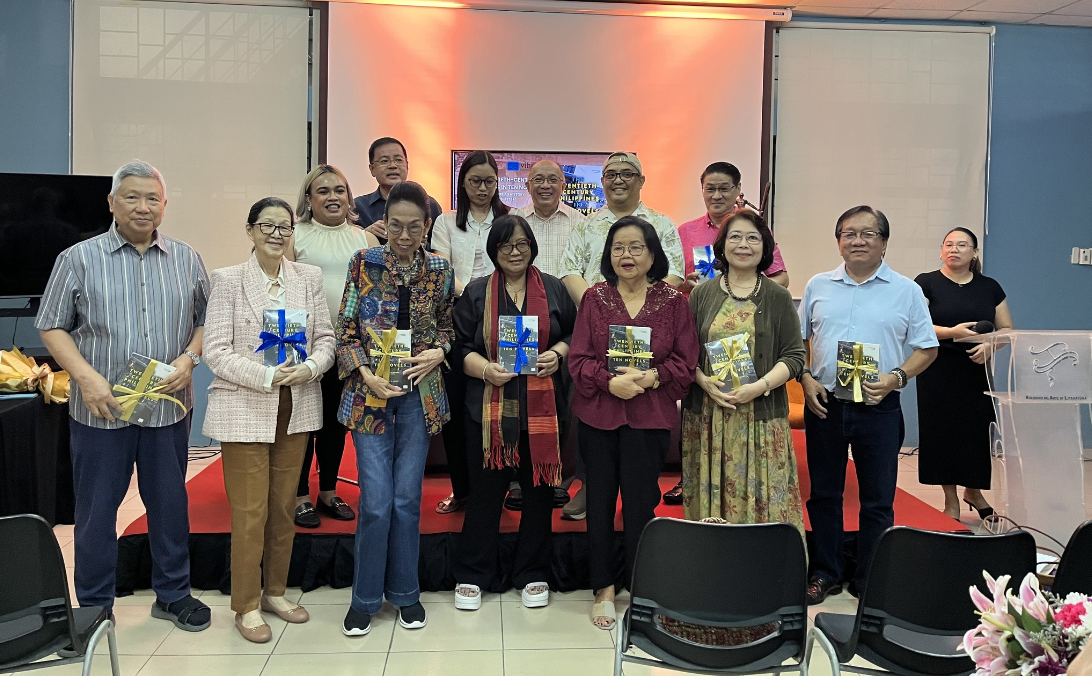
Vibal Foundation presents Dr. Soledad S. Reyes’ anthology on 10 Tagalog novels
February 26, 2025
MANILA, February 26, 2025 – The latest book by renowned Philippine literary scholar and author Soledad S. Reyes, The Twentieth-Century Philippines in Ten Novels: Literature as History (1913-1975), was officially launched today, February 26, 2025 at the Palma Hall, Pavilion 1, Room 1131, at the University of the Philippines Diliman, Quezon City.
Published by Vibal Foundation under its Academica Filipina+ imprint, the book analyzes and interprets ten Tagalog novels, providing fresh insights while also explaining the significance behind their historical and cultural contexts. This is Dr. Reyes’ second book under VFI after Salungat: A Soledad S. Reyes Reader, edited by David Jonathan Y. Bayot, which presents a wide-ranging selection of essays that are representative of her provocative and significant engagement—against the grain—with Philippine literature.
The Twentieth-Century Philippines in Ten Novels: Literature as History (1913-1975) is composed of ten essays, one essay per novel, published between the periods of American colonialism, the Commonwealth Era, freedom and reconstruction after World War II, and Ferdinand E. Marcos’s dictatorship. It shows the power of literature to depict narratives, experiences, and points of view that are difficult—if not impossible to achieve, in straight historical accounts. The novels presented in this book are not just mere reenactments of important historical moments, but magnificent works that show the storytelling brilliance and personal interpretations of the novelists about certain important events in the country’s history.
In shedding light on ten Tagalog novels, Reyes has succeeded in providing an interpretation of Philippine history based, in part, on the perspectives, insights, experiences, struggles, and imagination of the novelists as well as the characters present in each of the novels.
This work was hailed by industry consultant and publisher Karina Africa Bolasco as having “the most expansive, brilliant, and restless critiques of the societies that produced the men and women who created these fictional worlds and the cast of characters who inhabit them. The light shifts from memory to wisdom, from imagination to truth, and from recognition to tribute. Bolasco adds that “Reyes has no parallel in literary criticism and translation.”
Meanwhile, Dr. Cristina Pantoja Hidalgo, the Director of the Center for Creative Writing and Literary Studies at the University of Santo Tomas writes that “Everyone familiar with Soledad S. Reyes’s monumental study, Ang Nobelang Tagalog (1905–1975): Tradisyon at Modernismo (1982), will welcome, with elation, this new volume by the same author, which focuses on ten of the original 300 volumes. These essays, in effect, constitute a history of the Tagalog novel, while representing a re-examination and re-evaluation of the novels, from the perspective of the twenty-first century.